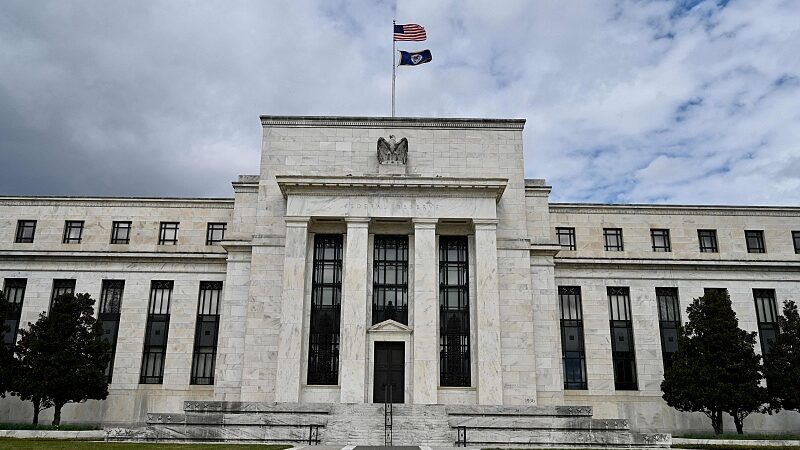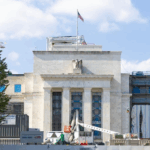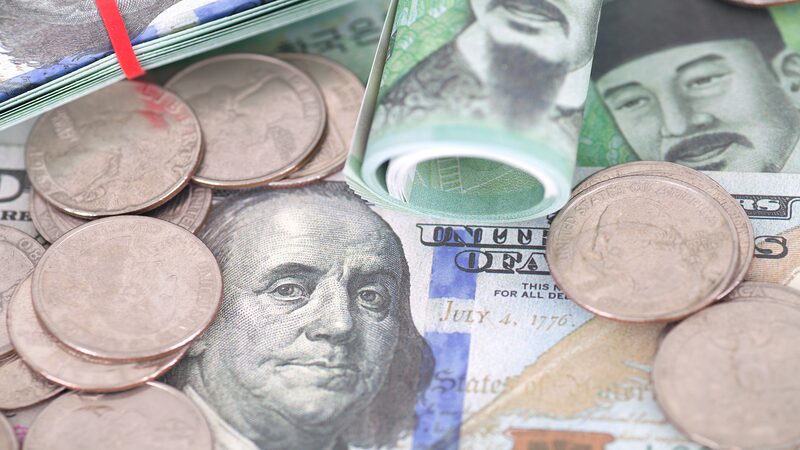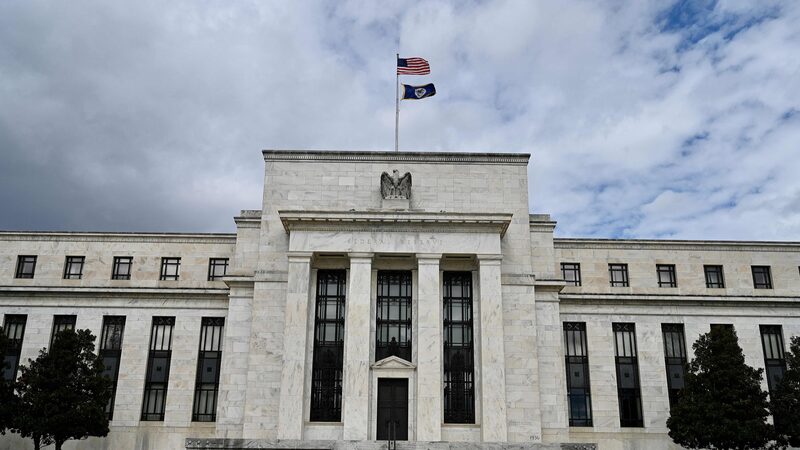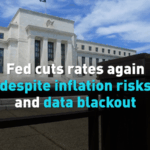The U.S. Federal Reserve's decision to keep interest rates at a 23-year high is sending shockwaves across the global economy, with emerging markets bracing for impact. 💥 Here's why your wallet might feel the pinch—no matter where you live.
The Dollar Dominance Dilemma
With the Fed holding rates firm at 5.25%-5.50%, the U.S. dollar continues to flex its muscles 💪. Nearly 2/3 of 150 global currencies have weakened against the greenback this year, making imports pricier and squeezing purchasing power worldwide. Emerging economies relying on imported goods? They're caught in a vise. 📉
Liquidity Crunch Alert 🚨
As investors flock to the U.S. for better returns, other countries are seeing capital drain faster than a TikTok trend. 🌪️ The Bank for International Settlements warns overseas dollar credit has plummeted by $87 billion since late 2023. For nations like Brazil and Turkey already juggling dollar debts, repayment costs are becoming a high-stakes game of Jenga. 🧱
Soft Landing for U.S., Turbulence Ahead?
While Fed Chair Powell eyes a potential 'soft landing' for America, the rest of the world might need parachutes. 🪂 Emerging markets face a double whammy: weaker currencies + higher bond yields = less cash for public services and economic recovery. The World Bank warns this could slow global growth through 2025. 🌐
Bottom line? The Fed's rate game is creating winners and losers—and right now, the house (aka Wall Street) always wins. 🎰
Reference(s):
The Fed's high interest rate decision constrains global economy
cgtn.com
